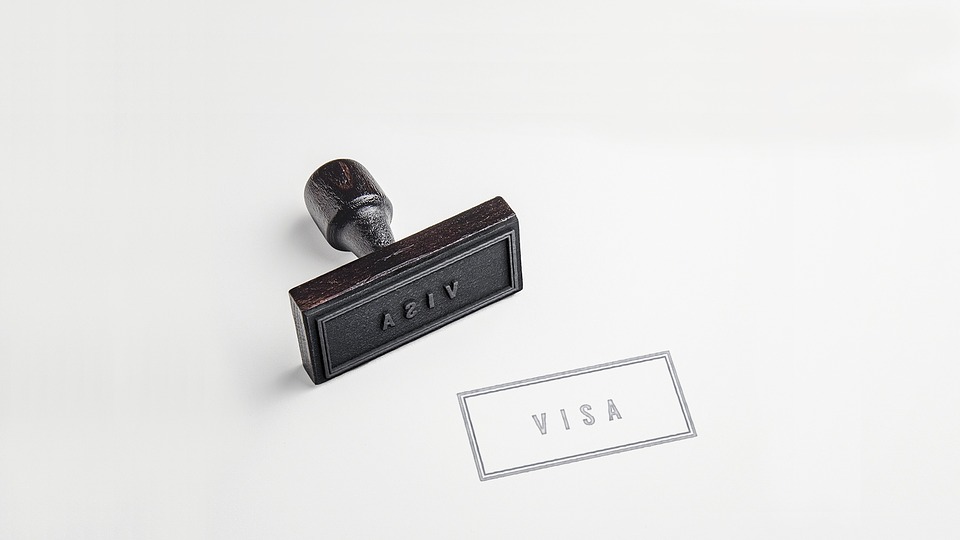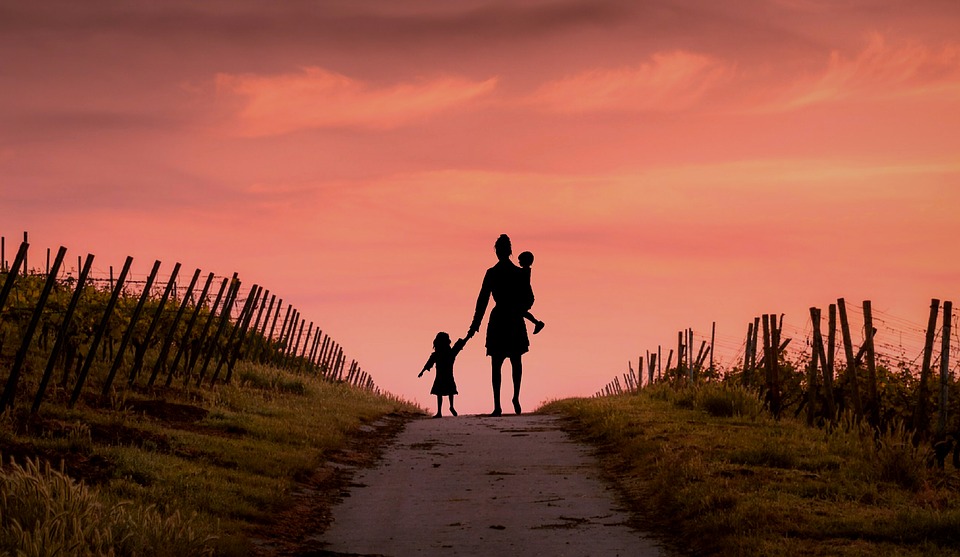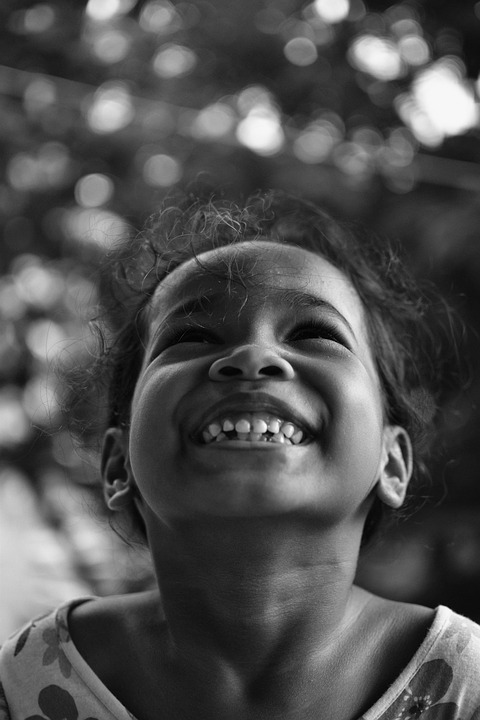Guillaume’s testimony – Divorce during an expatriation
Guillaume, can you tell us about your background?
I was born and raised in France. At the end of my studies in general medicine I decided to go into humanitarian work.
During an experience in Congo Brazzaville I met my ex-wife.
I followed her to Bolivia where we had two beautiful daughters, one biological and one adopted.
I was a volunteer, but I can say that I was lucky to spend most of my time as a stay-at-home dad and watch my children growing up.
Bolivia, salt lake
After several unsuccessful attempts to find a job and difficult end-of-month periods, I decided to go back to general medicine by doing replacement stays in France and the French West Indies.
We finally arrived in Mozambique in Maputo, where shortly after our arrival we broke up and where we have been living for almost 2 years now.
You have been through a divorce in expatriation,
can you tell us how you have lived it?
As the communication was cut off and the trust lost, it went very badly.
We were in conflict during the divorce about the custody of the children.
The Organization my wife works for was helpless and her colleagues powerless.
My wife decided to bring our case before the Mozambique Children’s Judge.
Children are in principle placed with the mother in this country
but for me it was a nonsense considering the history of our family.
I decided to bring an action to court in France.
I remind you that the four of us are French and French law gives a little more consideration to the father.
What was your situation at this moment?
It started two weeks after we arrived.
I was unemployed, completely dependent on my wife financially and in terms of health insurance.
I had stopped contributing since I left France 9 years ago.
I didn’t know anyone there, I had a « spouse » visa.
How did you feel during this ordeal?
A huge and heavy loneliness.
The loneliness that mixed with the grief of our relationship put me in a state of depression from which I am barely recovering, 2 years later.
I felt very isolated because the people I was talking to about my situation
lacked of understanding and were unable to help me.
I was in a state of panic and I was looking for support in vain.
Some of them had some gestures or attentions that really helped me (invitation to the football or water club).
I seriously thought about going back to France but it was impossible for me because I thought I would lose my children.
How did you manage this period of blur?
Between the announcement of the divorce and the actual separation
(new apartment…), while being in a new country?
Logistically, I took an Airbnb to spare the children and be able to focus on my last master’s finals.
I found a job as a local consultant allowing me to have an activity and being integrated.
For the summer holidays in France, I went home with my daughters.
I had the opportunity to benefit from services such as acupuncture, psychologist, reflexology, yoga… I also went back to church.
All this was not sufficient to avoid a great withdrawal on myself and a deep questioning.
I finally had the chance to quickly find an interesting job that allowed me to stay in Mozambique and gradually rebuild my life.
The height of the situation? I now work in the same company as my ex-wife.
Have you initiated divorce procedures? If so, how?
In which courts? Why?
Yes, I have initiated a divorce process in front of the Tribunal de Grande Instance de Paris.
We are all French, it is our home country and we would like to go back there sooner or later.
To do this, I had to identify and contract the services of a lawyer in France who was my relay, advisor and support. This is a legal process that requires obtaining birth certificates less than three months old for all family members and, above all, making a request.
Psychologically this was very difficult to deal with but I had no choice. This was the only way to arbitrate our child custody issue in a neutral and impartial manner.
My ex-wife chose to submit the case to the juvenile judge in Mozambique.
The situation relied on what we called « a race to seize it », i.e. the first judge seized at the time of the divorce, determines where the divorce will be judged. International family law is highly complex and protean, depending on the nationality or on country of residence.
Here, the highly specialized legal advice of a firm is precious.
Does being in a country that is not the home country of the members of the couple complicate the divorce? Is it neutral?
Here the key word is amicable.
If divorce is agreed by both and an amicable settlement is possible then it seems to me that being in another country does not change anything.
On the other hand, if there is a conflict, as in my case for child custody, then it becomes more complicated. First and foremost because of the language. This is also complicated by the fact that family mores and roles are far from the country of origin because it is these that will later be applied in the law.
It is therefore necessary that both persons in the couple agree to be judged in this way.
However, in my case, I could not accept to be judged according to the rule of « it is the mother who has the children and the father who assumes financially ». This does not apply at all to our family history.
How did the custody of your children go?
It was very complicated because the mother felt that the children should stay with her full-time after the divorce and I felt they needed to be with each of us in a fair way.
I was faced with an unilateral decision by the mother to keep the children after promising me a shared custody at the time of separation.
She remained uncompromising.
She cut off all discussion and assigned me to a Mozambican judge who explained to me from beginning to end that « this is how the things work here », leaving me no choice but resorting to a judge in France.
It is sad to say but one of the most intense moments of my life was when under pressure from the judge in France my ex-wife agreed to give me 2 nights in addition to weekends.
Far from my initial claims, It doesn’t seem anything, but it was a huge victory for my children as we reached an agreement (9/5) and it wasn’t decided by a judge.
Above all, it is an agreement that allows me to share my children’s lives on weekdays as before.
It is a temporary agreement that will be called into question when one of us will have to leave Mozambique,
but I really think it is a peace agreement.
If you had to do it all over again, what would you have done to make it easier for you? For your daughters?
For me and my children I would have liked a return to France at the time of the separation. This would have allowed us to have family support, access to quality public services such as school, a mediator, a child psychiatrist in our native language.
It might have been a little easier for my children. I also believe that when someone does not want to discuss and find compromises, you should not hesitate to go to court as soon as possible. This restores the balance of power and allows us to separate ourselves from the emotions that contaminate crucial choices for children.
Can you give us some advices for the people living a divorce in expatriation now?
When it concerns the divorce process, think about your children.
They will build themselves better if their parents reach an agreement than if they maintain a conflict.
It also saves time and money. If you are unable to discuss with your partner, suggest a mediation. If he refuses, go through a lawyer immediately and seize a judge in the country that looks like you.
It is clear that no board will make a decision for you but I think you should listen to your family and your friends and ask them if he could do differently what they would have done. This can be very instructive.
As OrelSan said : « There’s nothing to do but be present, heal wounds, change bandages, the only cure is time… »
Read more :
Interview with Alexandre Besombes : luxury concierge
Expatriation: only a Man’s Business?













Comments by Absolutely
Les fêtes en France
Hello Koby, of course, you are welcome to share it ❤️
Conjoint d’expatrié, comment s’intégrer en France?
Thank you Wyatt! Are you also an expat partner? An ...
5 millions de femmes expatriées : conjoints d’expatriés
Merci Vieira Elisangela, pour toutes les femmes expatriées! Nous avons besoin ...
Alexandre Besombes – Unique Paris, conciergerie de luxe
Hello @IrenStymn, in Absolutely French or in Unique Paris? It's ...
Les fêtes en France
Thank you Gavin! We love your comment! We will continue and ...